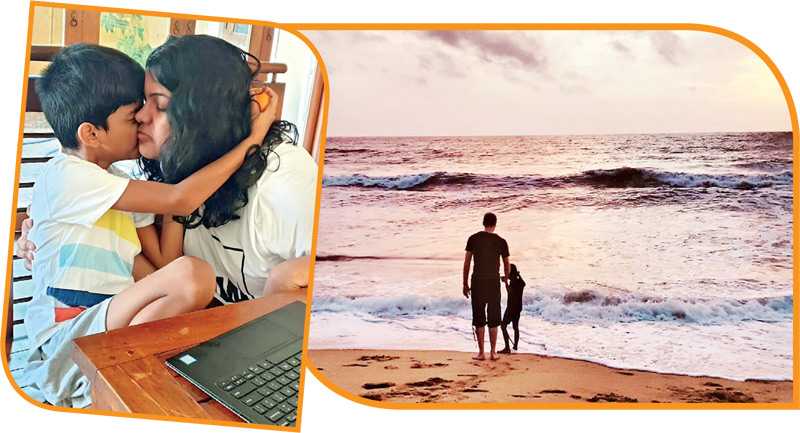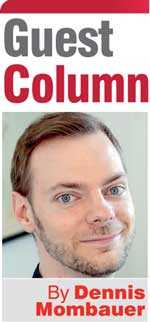Tuesday Feb 24, 2026
Tuesday Feb 24, 2026
Saturday, 10 April 2021 00:00 - - {{hitsCtrl.values.hits}}

 Autism is a neurodevelopmental disorder that typically appears during early childhood. It tends to affect boys more than girls, and despite extensive studies, its causes are still not clear among researchers or the public.
Autism is a neurodevelopmental disorder that typically appears during early childhood. It tends to affect boys more than girls, and despite extensive studies, its causes are still not clear among researchers or the public.
Understanding autism is made more difficult by its nature as a “spectrum” disorder that appears differently in different people. It encompasses a range of conditions that can include difficulties in social interaction, being nonverbal, challenges in communication, repetitive or restricted behaviour, and heightened sensitivity to noises and sensory input.
Worldwide, the prevalence of autism spectrum disorder (ASD) is estimated to be somewhere between 0.19 to 11.6 per 1000 people, or 0.02% to 1.16% of the world’s population. However, the actual number might well be higher, as many countries do not have a robust system of screening, diagnosing, and recording autism numbers.
In Sri Lanka, a 2009 study suggests a prevalence of 1 in 93 or 1.07% of the population. While this is based on a limited sample size and not representative, it is clear that Sri Lanka has a sizeable number of children and adults with diagnosed or undiagnosed ASD.
A challenge and an opportunity
A key challenge regarding ASD in Sri Lanka is the limited availability of data on prevalence, distribution, and treatment of ASD, as well as a lack of general awareness and understanding. There are currently no population-based screening programmes for autism in Sri Lanka, and autism screening is not a mandatory part of primary health care. Parents of autistic children are often left alone with their issues and do not have access to adequate support and knowledge about their child’s condition.
Furthermore, there is a gap between childhood support and support for adults, with few employment options, assisted living facilities, or social safety nets for autistic adults.
Any intervention or treatment related to autism is more effective the earlier it starts and the more consistent it is applied. Speech therapy, behavioural therapy, educational and occupational therapy, physical therapy, even changes in nutrition and day planning can be beneficial to children with ASD from early childhood onwards. While there is no “cure” for autism, it is possible to support autistic people to function within society, allowing them in many cases to live largely independent, productive, and fulfilling lives.
Addressing autism within society
To achieve this in Sri Lanka, it is important to enhance awareness and acceptance of autism spectrum disorder across the whole of society. There are tens or hundreds of thousands of autistic individuals living in the country, and there are many ways to improve their integration. An important step could be a mandatory, context-specific screening of infants and children everywhere on the island; another option with great impact is enhancing the training of medical professionals to accurately diagnose and support children with ASD and the creation of specialised centres or units.
Furthermore, information and intervention options should be made available in all languages and affordable to everyone on the island, independent of their resources or socioeconomic background. For autistic youth and adults, a focus on practical education and vocational training as well encouraging companies to offer employment opportunities and sensitive infrastructure could greatly help them to find jobs, support themselves, and contribute their unique skills and abilities.
Autism spectrum disorder can be a challenge for children and parents in growing up and in everyday life: but building on proven intervention options, support strategies, and success stories can really help autistic individuals to flourish within their communities, workplaces, and the whole of society.
(Dennis Mombauer works as Director: Research & Knowledge Management at SLYCAN Trust, a non-profit think tank based in Sri Lanka. He holds a master’s degree in Education from the University of Cologne, Germany, and is a parent of an autistic child. Besides autism and education, his work also focuses on climate change and related issues, and he publishes articles in numerous places, for example Mongabay, Earth Island Journal, The Environmental Blog, Daily FT, and Colombo Telegraph.)